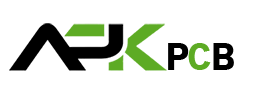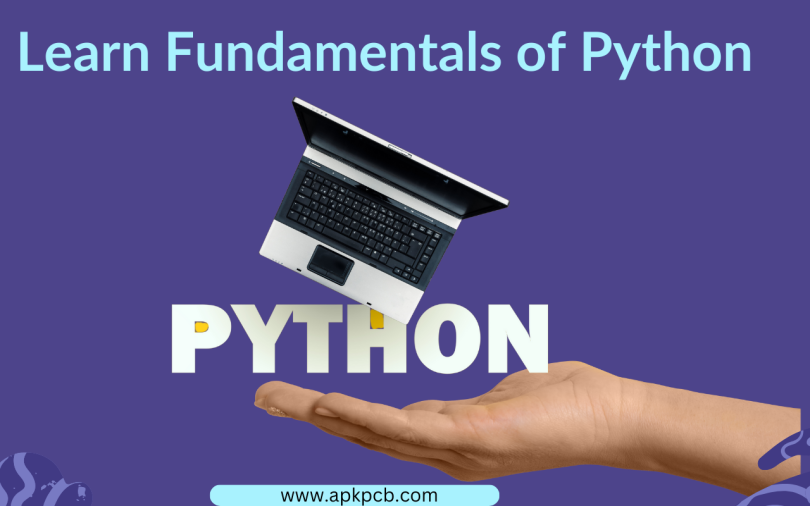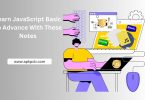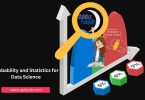Python is a popular programming language that is easy to learn and understand, making it a great choice for novices. It is frequently described as the “programming language for everyone.” Python is crucial for several reasons, chief among them being its simplicity, adaptability, and robust community. It’s almost like learning a new language that computers can comprehend because to its simple and clear syntax, making it a great place to start for beginners. Python has a wide range of uses, including data analysis, artificial intelligence, and scientific research. When solving complex problems, its extensive library of tools and modules prevents you from having to start from scratch. A multitude of online tools, forums, and tutorials are available to support your learning process from the friendly and engaged Python developer community. Different approaches can be used to learn Python. Start with the online lessons provided by sites like Codecademy, Coursera, and edX. Additionally, there are Python books for beginners, such as “Python Crash Course” and “Automate the Boring Stuff with Python,” that break down complex Python ideas into more accessible chunks and offer thorough explanations. Learning Python requires experience, completing little projects, overcoming coding obstacles, and experimenting with your code. A very successful strategy is learning by doing. Being active in the Python community is really beneficial since it gives you the chance to ask for help, share your projects, and gain knowledge from more seasoned programmers. Beginners might benefit greatly from a “Fundamentals of Python” book, which provides organized instruction on crucial subjects including variables, data types, loops, and functions. You can practice and apply what you’ve learned with the help of the exercises and real-world examples that are frequently included in these publications. They act as trustworthy resources, providing explanation and assistance when you run into problems. Books on the basics of Python also cover problem-solving methods, which are essential for any programmer. Working through a book like this increases your self-assurance in your coding skills and equips you for more difficult Python projects. In conclusion, Python is a user-friendly and robust programming language that is ideal for beginners. A well-structured Python fundamentals book is a great place to start if you’re interested in learning how to code, as it will open up a world of new possibilities in the tech industry.
We cover these topics
- Introduction to Software Development
- Getting Started with Python Programming
- Writing Your First Python Program
- Understanding Values and Variables in Python
- Taking User Input in Python
- Setting Up Your Development Environment
- Conditional Statements in Python
- Loops and Iteration
- Functions and Modular Programming
- Data Structures in Python
- Working with Lists
- File Handling in Python
- Introduction to Object-Oriented Programming (OOP)
- Exception Handling
- Working with Python Libraries and Modules








